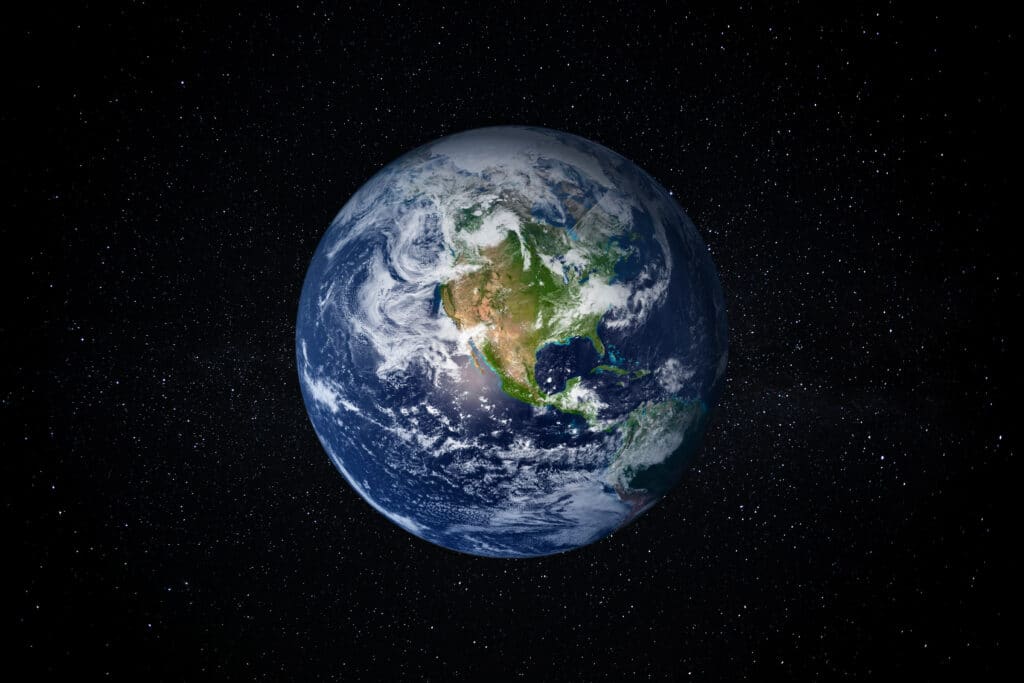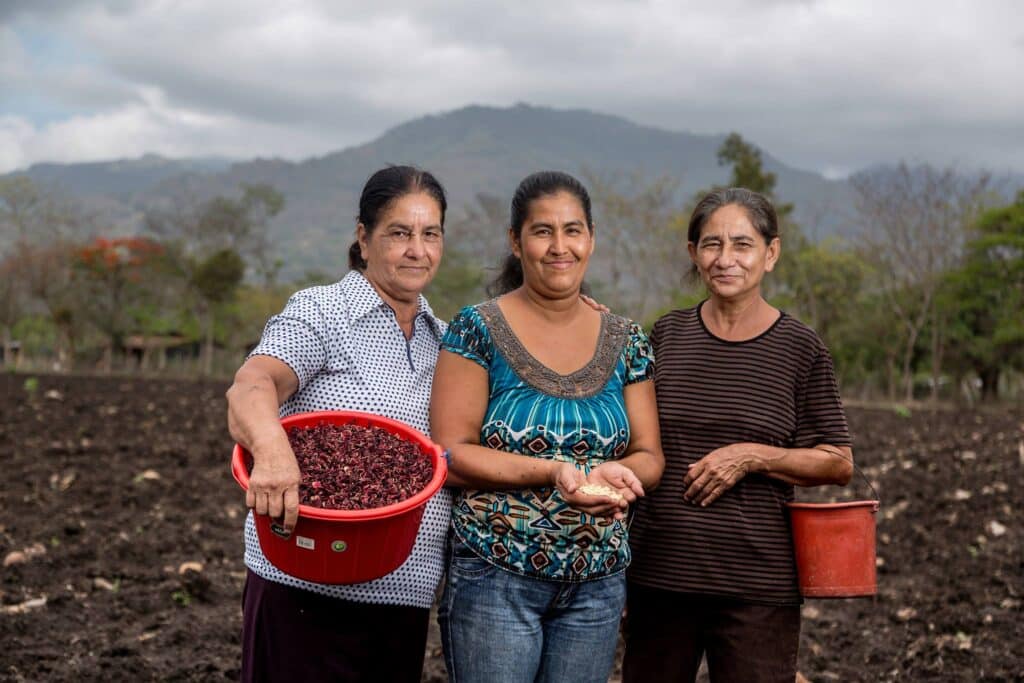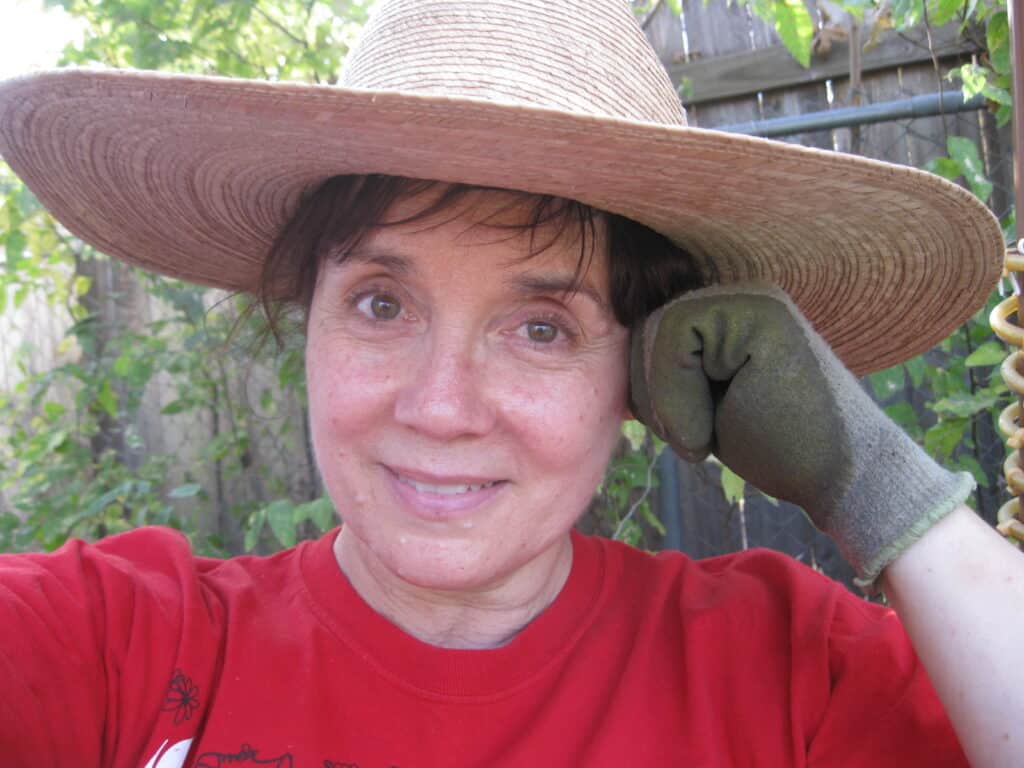“I see trees of green, red roses too
I see them bloom, for me and you
And I think to myself
What a wonderful world.”
As spring flourishes outside my office window and Earth Day approaches this month, Louis Armstrong’s song “What a Wonderful World” goes through my head.
Global Impact celebrates the environment as April’s cause of the month as well. In honor of this month, I’ll share Armstrong’s lyrics that remind me of the ways that Global Impact’s charity partners help create a wonderful world.
Planting change in Ethiopia
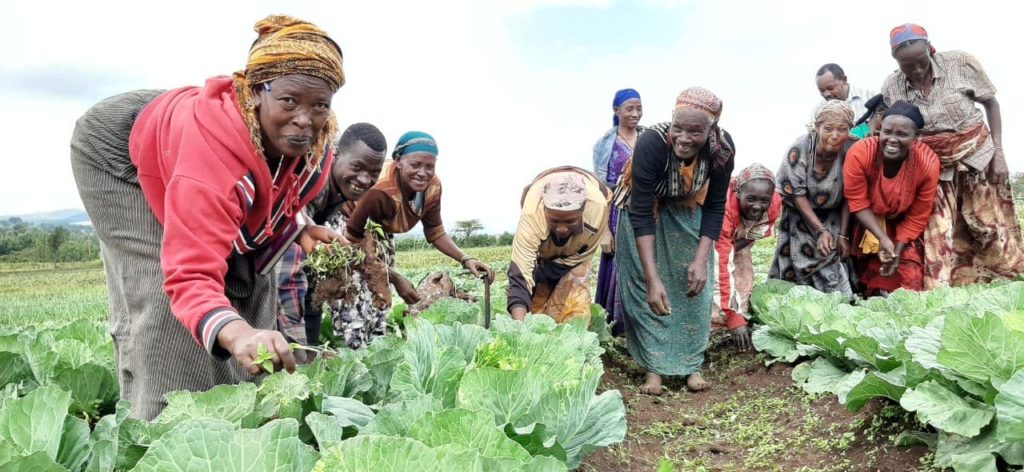
Unlike in the song, there aren’t “trees of green, red roses too,” sprouting up in southern Ethiopia – rather, vegetables and quinoa – but they’re creating a wonderful world, nonetheless.
Our charity partner Seed Programs International (SPI) collaborates with GrowEastAfrica (GEA) in the Burji district of southern Ethiopia to augment rural farmer families’ traditional knowledge about local farming and agriculture. When they gain access to high-quality vegetable seeds and learn new farming practices, families reduce their food vulnerability by growing nutritious vegetables and quinoa for self-sufficiency.
The GEA-SPI partnership focuses on the Birhan Ladies Group, a 50-member women’s farming cooperative that formed after 2,000 refugee families relocated near the town of Mega in southern Ethiopia. The refugee families, who are all traditionally skilled farmers, fled their homes to escape inter-tribal clashes.
In the first phase of this project, the Birhan Ladies Group introduced vegetables and quinoa as new crops alongside the traditional teff crop on 4.5 hectares of farmland. The farmers prepared the soil using new techniques learned from GEA training, sowed seeds accessed through the partnership and tended the plants. Their skilled care led to a higher yield than the previous harvest seasons. The harvests were shared for consumption among the members and a portion was sold at the local and surrounding markets. The increased yield correspondingly improved the livelihoods of over 300 people and increased access to nutritionally diverse vegetables for many in the community. Their resounding success increased the surrounding community’s interest in home vegetable gardens and the nearby farmers’ interest in growing quinoa on their farms.
Improving resiliency to climate change
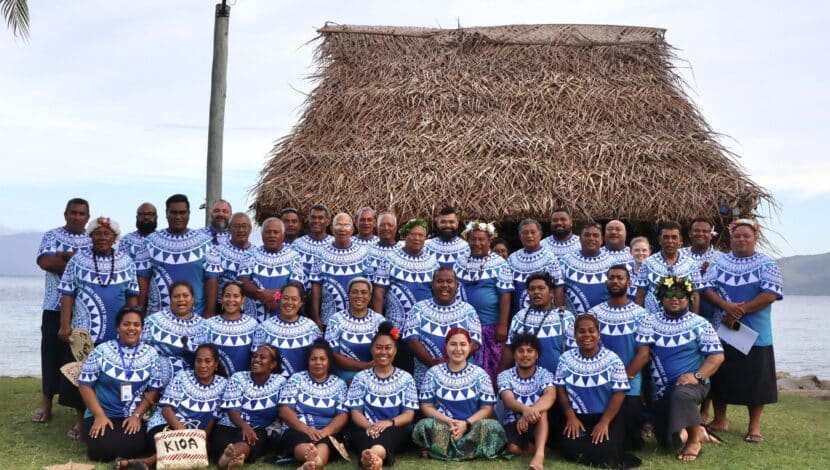
In contrast to the above story, one of Unitarian Universalist Service Committee (UUSC)’s projects DOES lead to “trees of green.” Located across Buca Bay from mainland Fiji, Kioa Island is resplendent with steep volcanic slopes and brightly wooded mountains.
Although Kioans are citizens of Fiji, they have a history and culture all their own. In 1947, residents of Vaitupu, one of the nations of Tuvalu’s eight coral reef islands, purchased Kioa and resettled to the then-uninhabited island, bringing their culture and traditions with them.
Given Kioa’s relatively recent history, its people are still working to establish a secure footing and resilient future for generations to come. The Kioa Island Community Organization (KICO), the only non-governmental organization established and led by the people of Kioa, is helping support the goals of electricity and clean water by creating, with community input and leadership, the first-ever strategic plan for Kioa.
But it is not just their own future the people of Kioa are working to preserve. Kioans are preparing for the possibility that many more people from Tuvalu might need to relocate to Kioa – not by choice as they did, but because of the worsening impacts of climate change.
“Up until now there are no major developments on Kioa,” the co-director of KICO, Maina Talia, shares. “However, in the context of climate-induced migration that potentially threatens the security of our people in Tuvalu, Kioa must be well prepared. The island must provide agricultural support, moral support, and have climate-proof structures to ensure the continuality of our people.”
KICO is working towards this goal by training community members in agroforestry, an agricultural technique that helps yield climate-tolerant crops and cleaner water through strategic tree planting. Tree cover also helps prevent soil erosion, supporting Kioans in their resiliency and adaptation to climate change.
The challenges Kioans face are exacerbated by a dearth of funding and lack of recognition of Kioa’s distinct needs and culture. Striving to respond to this gap in support and bolster Kioa’s desire for self-determination and cultural survival, UUSC is providing funding to KICO while amplifying Kioan stories and priorities at the global stage. UUSC’s funding is helping support their strategic planning and agroforestry efforts, as well as helping cover office equipment and internet access.
UUSC hopes that, with additional support and more awareness about Kioa, islanders will be able to achieve their vision of improved quality of life and resiliency to climate change. “Our vision is to build community resilience,” Maina explains. “There are a lot of things Kioa could offer for the future generation, if we continue to strive for it now.”
Strengthening communities in West Africa
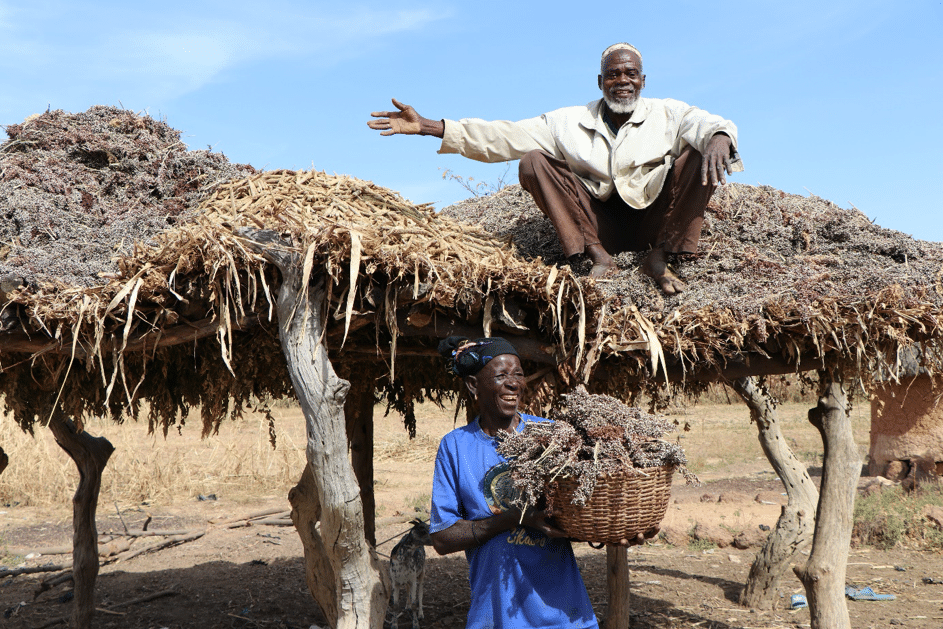
“I hear babies cry; I watch them grow/ They’ll learn much more than I’ll ever know/ And I think to myself/ What a wonderful world.”
Babies and children in West African villages used to cry – and they didn’t grow as they should – but that’s changing because of the creative work of Global Impact’s partner ECHO.
Before, villagers were contemplating leaving their home and community. The soil in the Guesna area was hard and brittle, and their harvests kept shrinking. They had heard that land to the south, farther from the Sahara Desert, was more fertile. Maybe they should give up on their land?
Luckily, trainers from ECHO came to Guesna to share techniques that have been proven to help farmers improve the harvests on degraded fields. Villagers learned about making liquid fertilizer and filling planting stations with compost before planting. They also learned how a few changes in their chicken management would result in healthier chickens.
“My life has completely changed,” shares Alassane. “Before the ECHO training, with such a small harvest, it had been impossible for me to feed my family all year round.” He now grows enough to sell part of his crop and some livestock for extra income. He proudly told the ECHO follow-up team that his young children are finally able to go to school.
Another villager, Pastor Kabre, is proud of his small poultry farm. With ECHO’s encouragement, his chickens are plentiful and thriving. Thus, with more food and more nutritious food – and additional income – families are breaking the cycle of poverty. They are also improving the long-term health of their land at the same time.
How you can help create a wonderful world
“The colors of the rainbow/ So pretty in the sky/ Are also on the faces/ Of people going by/ I see friends shaking hands/ Saying, ‘How do you do?’/ They’re really saying/ ‘I love you.’”
Global philanthropy is a powerful way for anyone to ‘shake hands’ and say ‘I love you’ to people all over the world. Please do your part to make it a wonderful world by giving through your workplace or making a gift to Global Impact’s Environment Cause Fund. One donation to this fund supports all of the charities mentioned in this blog. You can also take action by using environment resources found in our Employee Giving Hub.
“Yes, I think to myself/ What a wonderful world/ Oh yeah”
